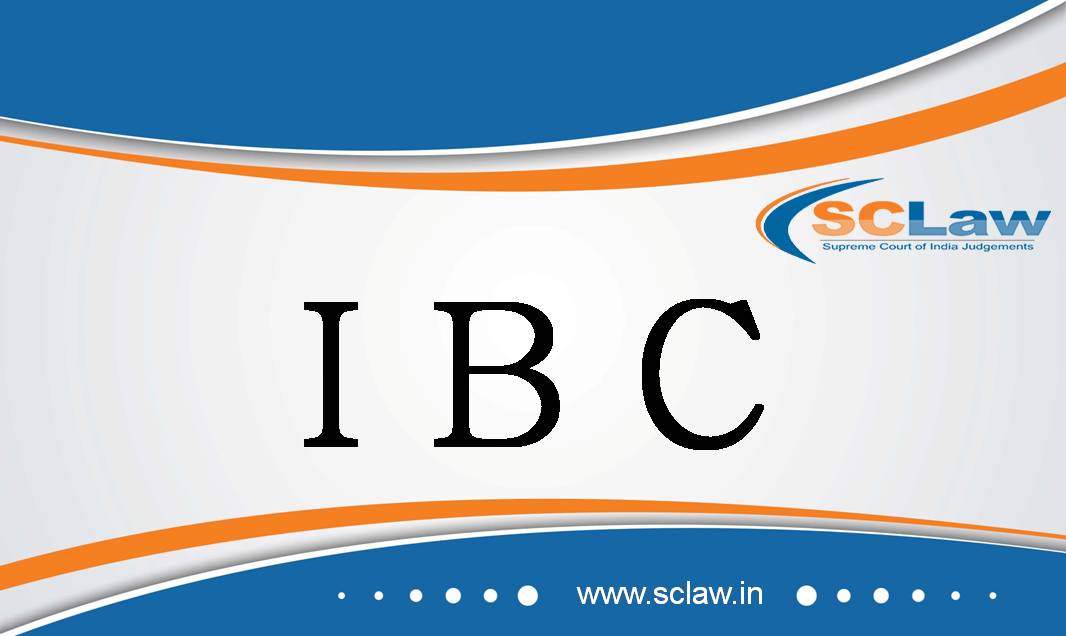Resolution plan approval vitiated by RP/CoC’s failure to comply with mandatory IBC provisions/timelines and SRA’s misuse of process, leading to plan rejection and mandatory liquidation.
2025 INSC 621 SUPREME COURT OF INDIA DIVISION BENCH KALYANI TRANSCO Vs. M/S.BHUSHAN POWER AND STEEL LTD. AND OTHERS ( Before : Bela M. Trivedi and Satish Chandra Sharma, JJ.…



